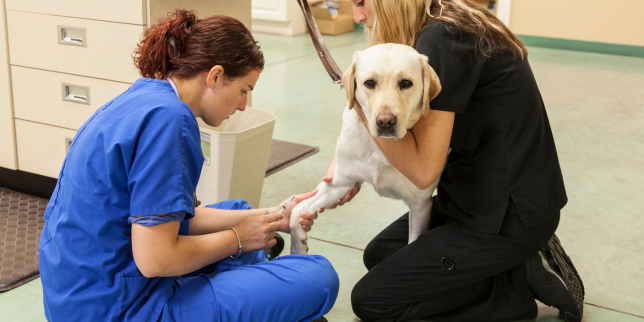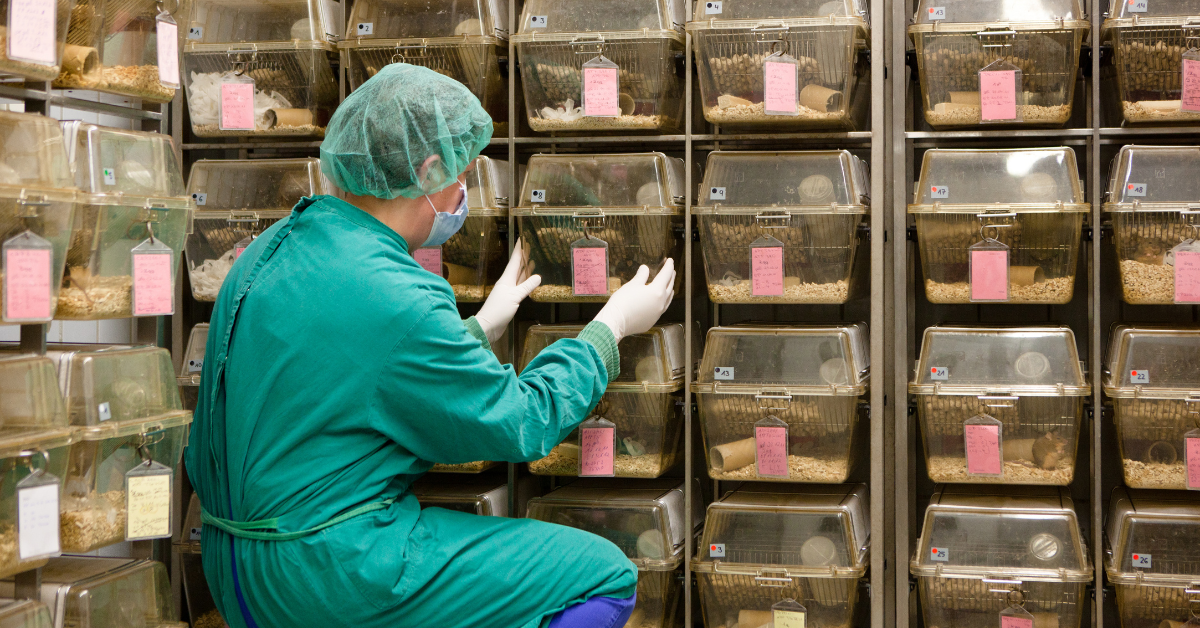Embarking on a career working with animals can be an extremely rewarding and fulfilling pursuit. Whether your passion is animal care, conservation, research, or even behavioral studies, there is a multitude of paths to explore.
This journey, however, may seem overwhelming to start. With the right guidance, dedication, and education, you can turn your love for animals into a thriving career. This guide will provide insights into various career options, educational paths, and practical steps to help you kickstart your journey into this gratifying field.
1. Identify your Interest

This is because the field of animal care and conservation is incredibly diverse, encompassing areas from veterinary medicine and zoology to wildlife photography and animal behaviorism.
Some roles require direct interaction with animals, such as veterinarians, animal trainers, or zookeepers, while others involve more indirect involvement, like wildlife researchers or conservation policymakers.
By pinpointing your interests, you can better align them with a suitable career pathway. Passion is the fuel that drives dedication and perseverance, and it becomes especially vital when faced with challenges that come with working in this field.
Therefore, a clear understanding of what excites and motivates you about animals is not just beneficial, but essential in maintaining long-term career satisfaction and success.
2. Pursue an Education

Depending on your chosen path, you may need a degree in a related field. For instance, veterinarians require a Doctor of Veterinary Medicine degree, while wildlife biologists typically need a degree in Wildlife Biology. On the other hand, an animal science degree can open up a variety of potential careers in areas such as animal welfare, nutrition, or genetics.
Additionally, many organizations offer internships and apprenticeships for those interested in gaining more direct experience. Although the educational requirements are often intensive and time-consuming, completing your education sets the foundation for advancing into higher roles within the field.
Of course, one should always keep in mind that learning is a continual process; staying up-to-date on the latest research and findings can be incredibly beneficial for your career.
3. Gain Experience

Gaining hands-on experience is an indispensable part of establishing a rewarding career working with animals. While formal education lays the theoretical groundwork, experience enables you to apply this knowledge in real-world situations, fostering practical skills vital in this field.
Whether it’s a volunteer position at a local shelter, an internship at a veterinary clinic, or a job at a wildlife sanctuary, each experience contributes to building competence and confidence. Furthermore, these experiences can often provide networking opportunities, helping you form connections with professionals in the field. They can offer advice, mentorship, and potentially, job opportunities.
Furthermore, exposure to different situations and species can further refine your interests and career objectives. In essence, experience not only bolsters your resume but also enhances your understanding, compassion, and proficiency in working with animals.
4. Network

Not only does it provide opportunities to learn from seasoned professionals, but it also allows you to explore different sectors within the industry, understand various roles, and gain insights into potential career paths.
Networking can be achieved through various means, including attending industry-related conferences, joining online discussion forums, or becoming a member of professional organizations. The connections you make during these interactions can potentially lead to job opportunities, partnerships, or mentorship arrangements.
Moreover, networking enables you to stay updated with the latest trends, research, and developments in the field. This ongoing learning process can better equip you to address challenges, innovate, and make more informed decisions in your career. Remember, networking should be viewed not as a one-time event but as an ongoing process of building and nurturing professional relationships.
So, strive to develop meaningful connections, and never underestimate the power of a strong professional network in helping you achieve your career goals working with animals.
5. Secure a Job

With education and experience under your belt, start applying for jobs that align with your interests and passion. Don’t be disheartened if you don’t land your dream job immediately; working with animals often involves starting from the bottom and working your way up.
Moreover, consider developing your own business if you have the entrepreneurial spirit; venture into pet sitting, dog walking, teaching obedience classes, or start a pet-related blog. Some of these methods may not only provide extra income but can also help in gaining more experience and honing your skill set.
6. Keep Learning

The animal industry is constantly evolving, and staying up-to-date with the latest research and developments can help you excel in your career. Consider attending seminars or workshops to continue learning and growing professionally.
The more knowledge you acquire, the better prepared you will be for any challenges that arise. Additionally, learning how to work effectively in teams and developing other interpersonal skills can also prove to be invaluable assets in the animal-related field.
Apart from that, read articles or books related to your profession to stay informed and inspired. This continual process of learning not only reinforces existing knowledge but also helps you make more informed decisions and grow into a better professional.
7. Nurture Your Love

Working with animals is a rewarding career but can be quite taxing. Take time to unwind and enjoy the beauty of nature; remember why you chose this path in the first place.
Visit your local zoo, feed the birds in a park, or go for a hike – whatever it is that brings you joy and keeps you connected to animals. Enjoying and appreciating wildlife can help remind you of the importance of the work you do and keep your passion alive.
Reflect on what drew you to this field; remember why your job matters and how much impact it can have on the lives of animals. This not only helps to keep your motivation levels high but also enables you to tap into that source of deep connection, allowing you to better serve and care for animals.
Working with animals is incredibly rewarding if pursued with a genuine passion and understanding, so stay focused on the end goal and enjoy every step of the journey!
Takeaway
No matter which stage of the journey you are in, remember to stay focused on your objectives and strive for excellence. You may not always get it right the first time around, but never give up. Learn from each experience and keep pressing forward. Working with animals should be a source of joy and satisfaction; take the time to appreciate all that this field has to offer and embrace all the challenges that come your way.
With the right attitude, dedication, and perseverance, you can create a truly gratifying career in this rewarding field.


